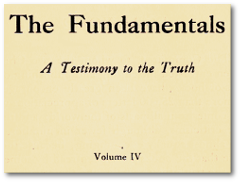Introduction
The greatest British theologian of the 17th Century was, in the opinion of many, John Owen. Owen made distinctive contributions in a number of theological loci. His book on the mutual relationship within the Trinity and our communion with each of the Divine Persons is still the best work on the subject.1 Likewise, his manifesto for congregational-independency2 offers some of the best arguments for a Pastor-led congregational form of church government, and his The Death of Death in the Death of Christ3 is considered the book on the Reformed view of particular redemption. Owen’s teaching on the subject of the inspiration of the Bible is also most instructive, especially in view of what has been and is being taught in some evangelical seminaries and books.
The Importance of Divine Inspiration
Owen’s views on the crucial matter of the relationship of the Bible as we have it and the autographs are worth pondering. He, like all solid evangelicals, rests the authority of the Bibles we have, not upon some inner impression of its validity, but upon its original theopneustic character. In his, The Divine Original of the Scripture he asserted, “That the whole authority of the scripture in itself depends solely on its divine original, is confessed by all who acknowledge its authority.”4 Thus the autographs were from God and delivered to men. We possess “the words of truth from God Himself.”5


 [node:22019 collapsed body]
[node:22019 collapsed body]
Discussion